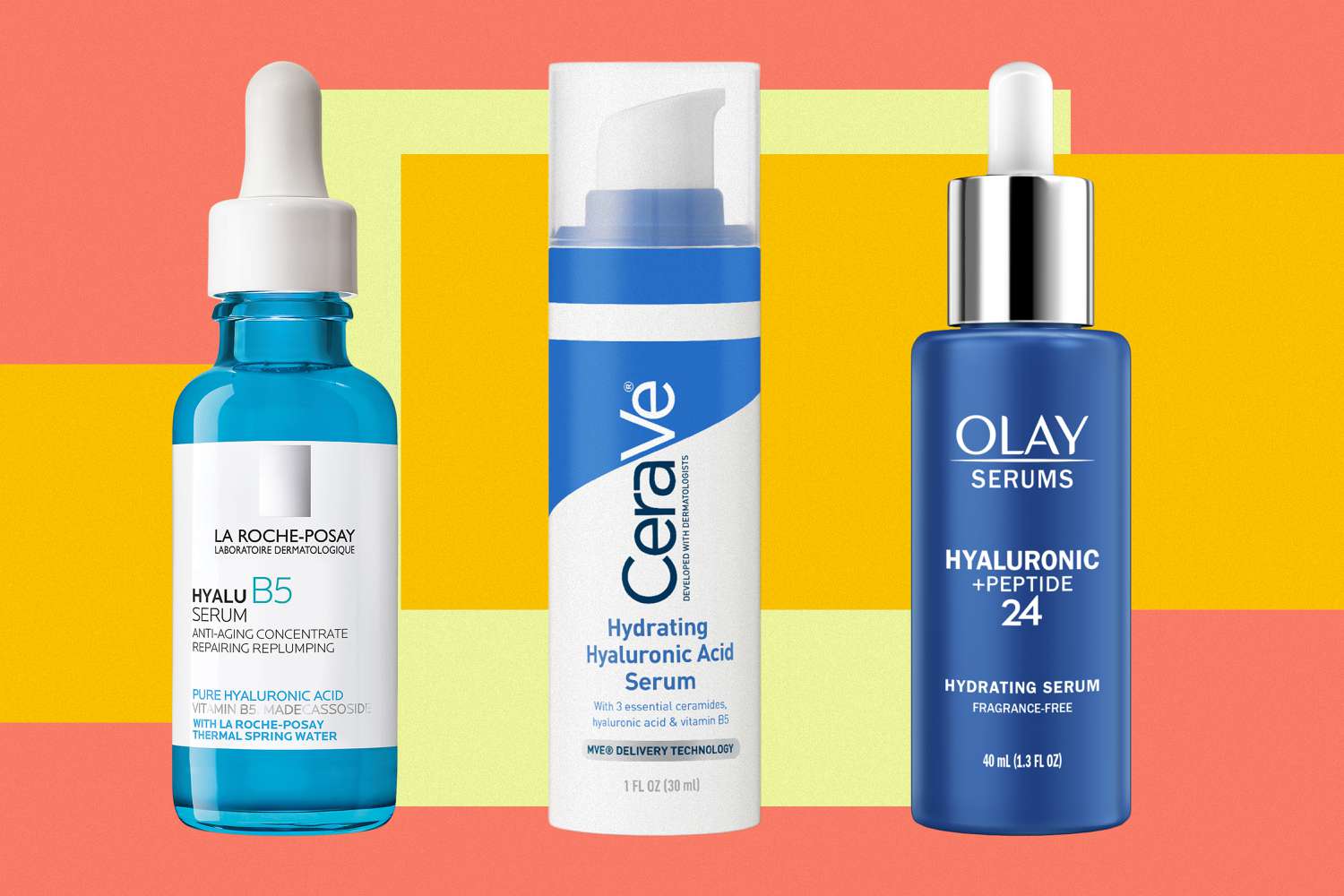
What are serums, and why are they important for your skincare routine? Serums are lightweight, fast-absorbing liquids packed with active ingredients designed to target specific skin concerns. Unlike moisturizers, which primarily hydrate, serums deliver potent doses of vitamins, antioxidants, and other nutrients directly into the skin. Why should you care? Because serums can address issues like wrinkles, dark spots, and acne more effectively than other skincare products. They penetrate deeper layers of the skin, ensuring that the active ingredients work where they’re needed most. Want glowing, youthful skin? Incorporating a serum into your daily routine can make a significant difference. Whether you’re battling dryness, dullness, or signs of aging, there’s a serum out there tailored to your needs.
Key Takeaways:
- Serums are powerful skincare products that deliver targeted treatment, hydration, and anti-aging benefits. They come in different types and should be used consistently for best results.
- Choosing the right serum for your skin type and concerns is essential for a successful skincare routine. Serums are not just for aging skin and should be used in conjunction with moisturizers for optimal results.
What Are Serums?
Serums are lightweight, fast-absorbing liquids used as an additional step in skincare routines. They deliver active ingredients directly into the skin.
- Serums are concentrated: They contain a higher concentration of active ingredients compared to regular moisturizers.
- Lightweight texture: Their thin consistency allows for deeper penetration into the skin.
- Targeted treatment: Designed to address specific skin concerns like wrinkles, dark spots, or acne.
- Quick absorption: Unlike creams, serums absorb quickly without leaving a greasy residue.
- Versatile use: Can be used both morning and night, depending on the formulation.
Types of Serums
Different serums cater to various skin needs. Knowing the types can help you choose the right one for your skin.
- Hydrating serums: Contain ingredients like hyaluronic acid to boost moisture levels.
- Anti-aging serums: Often include retinol or peptides to reduce fine lines and wrinkles.
- Brightening serums: Use vitamin C or niacinamide to even out skin tone and reduce pigmentation.
- Exfoliating serums: Contain acids like AHAs or BHAs to remove dead skin cells and improve texture.
- Acne-fighting serums: Include salicylic acid or benzoyl peroxide to combat breakouts.
Key Ingredients in Serums
Understanding the ingredients can help you pick the most effective serum for your skin concerns.
- Hyaluronic acid: A powerful hydrator that can hold up to 1,000 times its weight in water.
- Vitamin C: An antioxidant that brightens skin and fights free radicals.
- Retinol: A form of vitamin A that promotes cell turnover and reduces signs of aging.
- Niacinamide: Also known as vitamin B3, it helps with redness, enlarged pores, and uneven skin tone.
- Peptides: Short chains of amino acids that boost collagen production and improve skin elasticity.
Benefits of Using Serums
Incorporating serums into your skincare routine can offer numerous benefits.
- Enhanced hydration: Serums can deeply hydrate the skin, making it look plumper and more youthful.
- Improved texture: Regular use can smooth out rough patches and improve overall skin texture.
- Reduced signs of aging: Ingredients like retinol and peptides can minimize fine lines and wrinkles.
- Brighter complexion: Vitamin C and other brightening agents can give your skin a radiant glow.
- Targeted treatment: Serums can address specific issues like acne, pigmentation, or dullness more effectively than other products.
How to Use Serums
Using serums correctly can maximize their benefits. Here’s how to incorporate them into your routine.
- Cleanse first: Always start with a clean face to ensure the serum can penetrate effectively.
- Apply to damp skin: This can help the serum absorb better.
- Use a small amount: A few drops are usually enough for the entire face.
- Follow with moisturizer: Lock in the serum’s benefits by applying a moisturizer afterward.
- Be consistent: Regular use is key to seeing results.
Common Myths About Serums
There are many misconceptions about serums. Let’s clear up some of the most common ones.
- Serums are only for aging skin: They can benefit all skin types and ages.
- More is better: Using too much serum can irritate the skin. A little goes a long way.
- Serums replace moisturizers: They should be used in conjunction with, not instead of, moisturizers.
- All serums are the same: Different formulations target different skin concerns.
- Serums cause breakouts: Non-comedogenic serums are designed not to clog pores.
Choosing the Right Serum
Selecting the right serum can make a big difference in your skincare routine. Here’s what to consider.
- Know your skin type: Choose a serum that addresses your specific skin concerns, whether it’s dryness, acne, or aging.
Final Word on Serums
Serums pack a punch in skincare routines. These lightweight, potent formulas target specific concerns like wrinkles, dark spots, and dryness. With concentrated active ingredients, serums penetrate deeper into the skin, delivering faster results than regular moisturizers.
Choosing the right serum depends on your skin type and concerns. For hydration, look for hyaluronic acid. To combat aging, opt for retinol or vitamin C. Niacinamide works wonders for acne-prone skin.
Applying serums correctly is crucial. Cleanse your face, apply a few drops of serum, then follow with a moisturizer to lock in the benefits. Use serums consistently for the best results.
Remember, serums are powerful, so start with a small amount and gradually increase usage. Your skin will thank you for the extra care and attention. Happy glowing!
Frequently Asked Questions
Was this page helpful?
Our commitment to delivering trustworthy and engaging content is at the heart of what we do. Each fact on our site is contributed by real users like you, bringing a wealth of diverse insights and information. To ensure the highest standards of accuracy and reliability, our dedicated editors meticulously review each submission. This process guarantees that the facts we share are not only fascinating but also credible. Trust in our commitment to quality and authenticity as you explore and learn with us.


